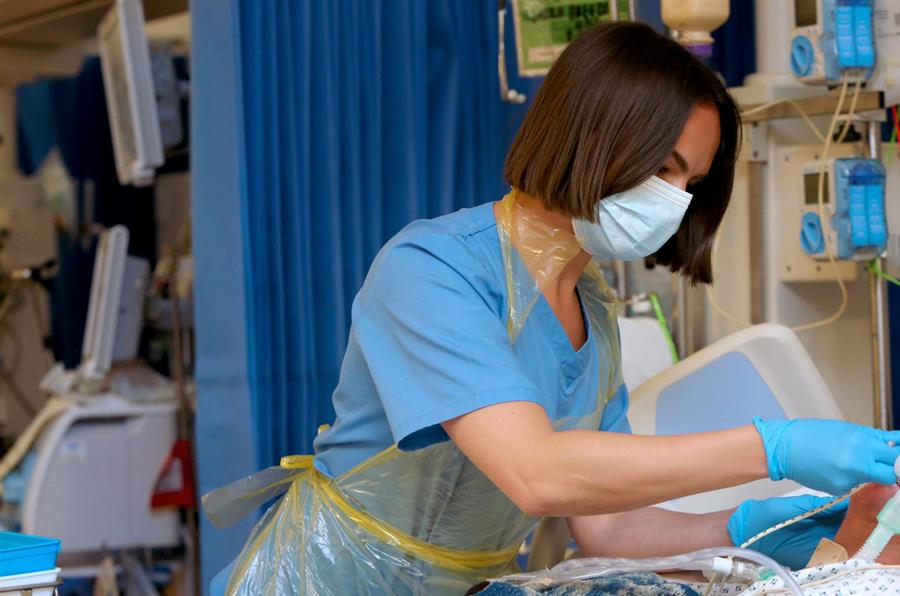About medical research
Considering the nature and scope of medical research, it can appear daunting to understand what takes place in a research trial and what will occur if you take part in one. This page aims to break down some of the details and wording surrounding medical research, to help you understand the subject better.
What is medical research?
Medical research is finding out more information about different health problems, in order to develop treatments and different methods of care for them. It’s also known as biomedical research, or the lesser-used term experimental medicine. While there are multiple types of medical research, The Walton Centre focuses upon clinical trials.
Clinical trials are studies performed in people, which evaluate different medical approaches. They are the main way researchers can find out if a new treatment is safe and effective for use.
The types of clinical trial
There are two main types of clinical trial;
- Interventional trials evaluate a treatment or method using such approaches as a new drug, or use of a new medical device.
- Observational trials evaluate a treatment using less interventional approaches, such as the use of questionnaires or the analysis of data about yourself.
Trials can also take different approaches to try and determine their goals;
- A randomised trial is when equal groups of randomly selected people receive different treatment.
- A blind trial is when the people taking part don’t know what treatment they are receiving, and a double blind trial is when both the people and staff running the trial don’t know what treatment is being received. This can help remove bias and provide more accurate results.
- Placebo trials are when one group will receive the trial treatment, but the other group does not, with each not knowing what group they are in.

Other terms used in research
You may also come across some of the following terms when looking into research;
The eligibility criteria are the guidelines for whether you can take part in a clinical trial or not; for instance, you may be required to have a certain condition, or fall within a certain age group.
Research trials also go through phases – each phase aims to achieve a certain goal or purpose. More information on each phase of research can be found on the NHS.uk webpage about clinical trials.
Before you take part of a trial, you need to provide informed consent. This means that the aim of the study, how you will be treated and what the possible risks and benefits are have all been discussed with you. You have been then able to make your own decision whether you wish to take part or not.
Any further questions?
If you have any further questions about medical research, or the wording that is used, please don’t hesitate to get in touch with us at wcft.rdi@nhs.net
You may also find the information on clinical trials at the NHS.uk website useful.
Page last updated: 20 October 2022